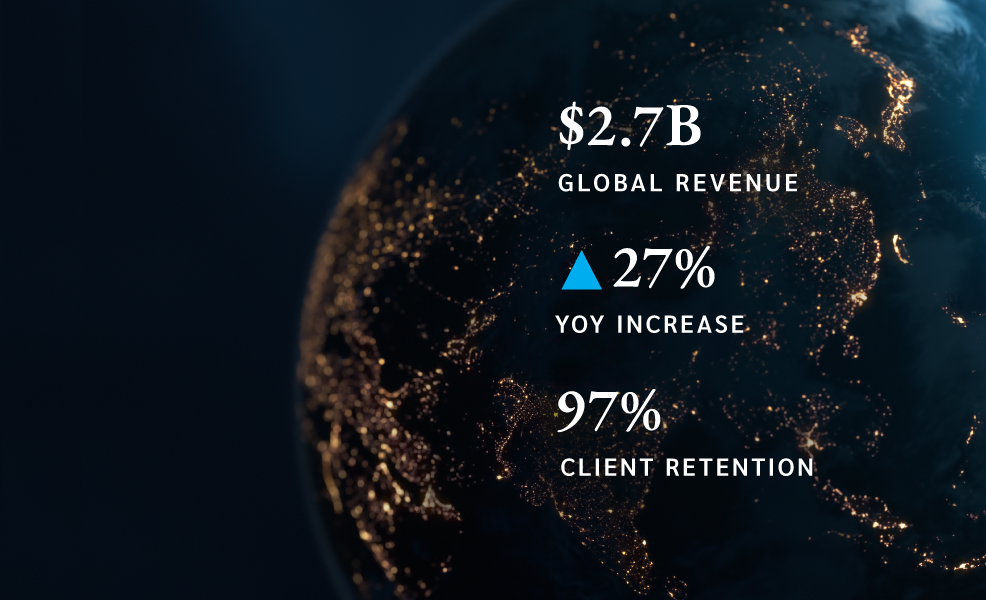Skip to main content



We, Lockton Korea, who have been dynamically taking off high in the country of morning calm consist of expert groups professionally dedicated to brokering all lines of commercial insurance and reinsurance.
1 / 5
Welcome to Lockton South Korea
Lockton Korea is a team of industry experts specializing in brokering all lines of commercial insurance and reinsurance, driving dynamic growth across multiple sectors.
As part of Lockton’s global network spanning over 135 countries, we leverage our international presence to enhance our competitive edge as a leading global broker.
With our deep expertise, we are the undisputed leader in professional indemnity insurance and highly competitive in risk coverage for construction, erection works, and solar power plants.
Additionally, we maintain a strong presence in traditional insurance lines, including property, marine hull, and marine cargo, solidifying our position as a trusted industry leader.
록톤 그룹은 전 세계 135개국에서 약 13,100명의 전문가들이 65,000개 이상의 기업을 위해 맞춤형 리스크 관리와 보험 솔루션을 제공하는 글로벌 리더입니다.
우리는 고객과 직원을 가장 중요한 가치로 삼으며, 고객의 성공을 위해 장기적 관점에서 최적의 결정을 내립니다.
탁월한 전문성과 글로벌 네트워크를 기반으로 각 산업의 특성에 맞춘 전략적 컨설팅을 제공하며, 혁신적인 서비스 품질로 94%의 높은 계약 유지율을 꾸준히 이어가고 있습니다.
또한, 록톤 그룹은 신뢰와 투명성을 바탕으로 고객과의 장기적 파트너십을 구축하고, 사회적 책임과 지속 가능한 경영을 실천하며 글로벌 시장에서의 경쟁력을 강화하고 있습니다.
We're here to help
We bring creative thinking and an entrepreneurial spirit to the insurance business and are uniquely positioned to help you succeed.
Talk to our team
We prioritize our clients above all else, taking full ownership of every action we take. Let us be your trusted partner
ExploreKey Contacts
Ben Son
President & CEO
Ben.Son@lockton.com
Jay Park
Assistant Vice President / Team Head Marketing & IT
jay.park@lockton.com
Get in touch
Latest News & Insights
Workplace Mental Health Is A Management Responsibility, Not A Wellness Program
articleBefore she even reaches her desk, the employee catches a glimpse of her manager. His shoulders are tight and his expression is stony as he stares at his laptop. Nothing has been said, but the tone has been set. She feels her body tense in response and mentally ...
Click here to return to the APAC homepage
Click here (opens a new window) to return to the Korea homepage







